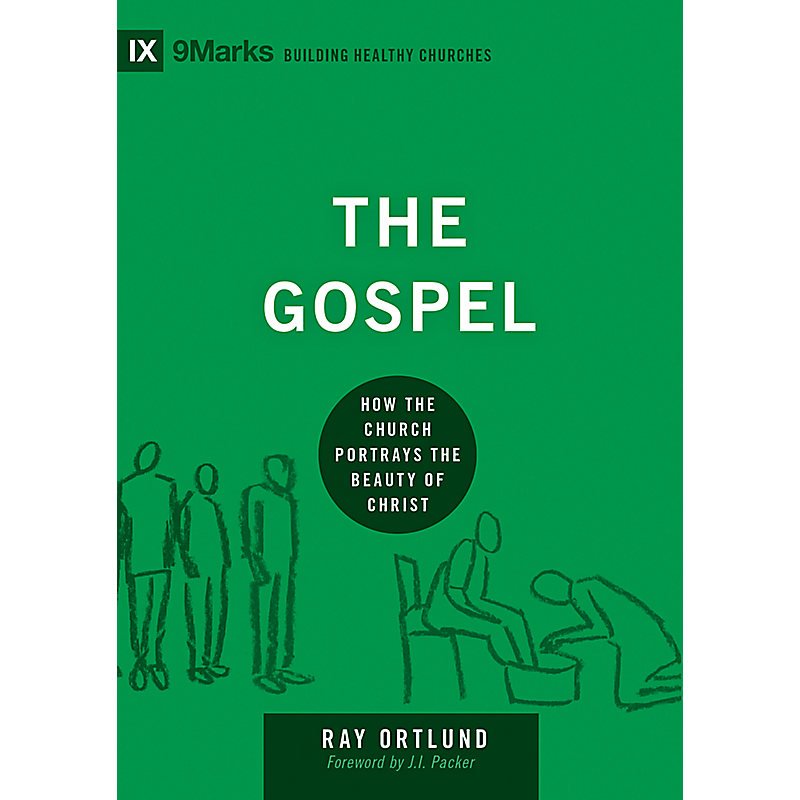The Man Born to be King - A Review
In the midst of World War II in the U.K. and all the drama that it entailed, there was some additional drama about a drama. At the center of the hubbub was novelist, playwright, and translator Dorothy L. Sayers.
Perhaps best known for her detective novels featuring Lord Peter Wimsey, Sayers was also an accomplished dramatist. The BBC commissioned her to write a series of plays for children, to be performed on the radio. They were to be plays about the life and ministry of Jesus.
The cycle of twelve plays was called The Man Born to be King. Though they are not exhaustive, they cover the span of Jesus earthly life, and were meant to be something of a comfort to a nation at war.
Unfortunately, like many well-intentioned attempts to convey Christianity to the masses, Sayers’ efforts met with controversy. The Man Born to be King drew great praise, but it also left people deeply concerned because Sayers used slang rather than King James English to help convey the reality of the Gospel accounts. Additionally, some were concerned about the representation of Jesus, though Sayers was especially careful to draw his dialogue more directly from Scripture. And, of course, any dramatist must fill in some gaps that even four Gospel writers left with minor characters, extrabiblical narrative, and details that illustrate the truths embedded in the life of Christ. The tragedy is really that these plays tend to be more remembered for the drama they caused rather than the greater Drama they portrayed.
The cycle of plays known as The Man Born to be King are so rich that C. S. Lewis read them yearly as Easter approached. This recent republication of these plays by IVP Academic is in time for people to pick up their own copies to follow Lewis’ example.
The plays themselves are not innovative. In fact, were readers not aware of the controversy surrounding their original production, a contemporary audience would find little that is shocking in them. They are an attempt to faithfully convey the greatest story ever told in a manner that may seem more real to contemporary readers because of the effort Sayers invested to bring the stories into the 20th century. Sayers’ effort is part of what makes these plays so spiritually invigorating.
Though an edition of these plays can be found in print through Wipf and Stock, the recent edition of The Man Born to Be King from IVP Academic, published in partnership with the Marion E Wade Center out of Wheaton University, has accompanying notations that enrich the text by providing context for somewhat obscure (to our minds, nearly a century later) references and also show some of the ways that Sayers modified her manuscript along the way. This annotated edition, edited by Kathryn Wehr, augments the text in a way that does not interfere with casual reading and provides a treasure trove for fans of Dorothy L. Sayers.
Whether you read these plays in preparation for Easter or at another point during the year, it will be spiritually beneficial. If this is your first time through The Man Born to be King, feel free to skip the front matter and notes to dive into the text. However, for those who are interested in the story behind the text, what Wehr provides through her annotations is well worth the time to pause and investigate. This new volume is solid scholarship accompanying a remarkable text. It should be read well and widely.
NOTE: I was provided a gratis copy of this volume from the publisher with no expectation of a positive review.














There’s no reason to doubt that Jesus was nailed to the cross. Ultimately, I trust what Scripture says about Jesus’s crucifixion because I also trust what it says about his resurrection. And that’s what we should be celebrating this week.